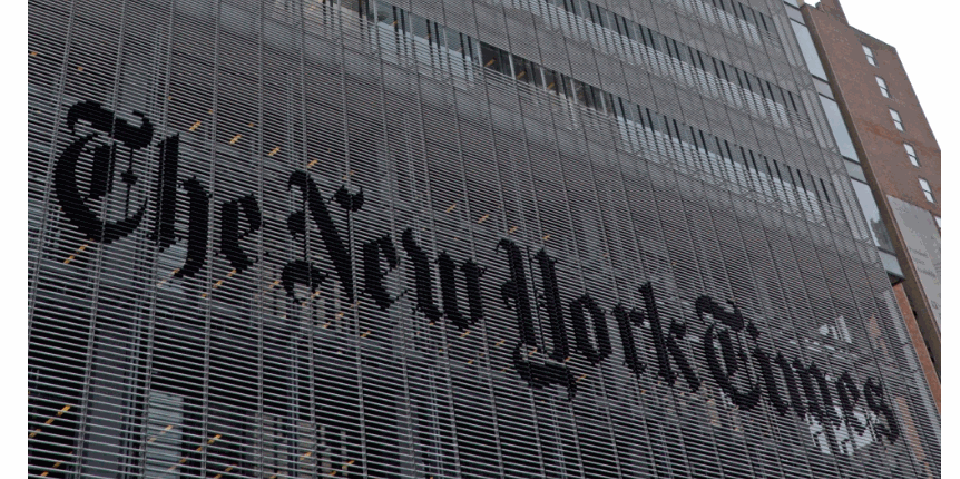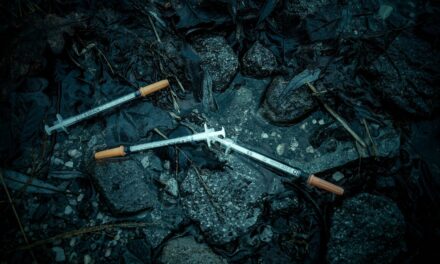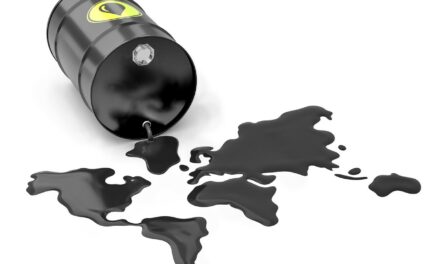The New York Times report from the Arc International glassware factory in Arques, northern France, begins with a picturesque industrial idyll However, it soon becomes clear that, like the vast majority of articles in the European business press in the past year, this article is also about the European energy crisis. "For years, Arco was driven by cheap energy, which helped make the company the world's largest glassware manufacturer, as well as a vital employer in this working-class region of northern France," the paper says.
However, this has now changed: the blocking of Russian gas brought enormous risks to the life of the company, and energy prices jumped so quickly that the CEO had to rewrite his business plan six times in two months. "For energy-intensive companies like ours, it's crippling," CEO Nicholas Hodler told the NYT. "High energy prices are whipping European industry like a whip, forcing factories to cut production suddenly and sending tens of thousands of workers on furloughs.
Although the restrictions are expected to be temporary, they foreshadow the risk of a painful recession in Europe," writes the NYT, which also draws attention to the fact that industrial production in the Eurozone fell by 2.3 percent in July compared to the same month of the previous year.
Then they start listing the affected industries: half of Europe's aluminum and zinc production has stopped, including the German Arcelor Mittal, Europe's largest steel factory. Gas and electricity exporter Norway is reducing production by a third at a smelter of the aluminum industry giant Alcoa. The world's largest zinc producer, the Dutch Nyrstar, suspended its production indefinitely, and even the German Hakle toilet paper factory went bankrupt.
"In the crisis, the European sanctions, which were supposed to punish Moscow for the invasion of Ukraine, are backfiring to a certain extent.
However, the pain undermined the confidence of European companies and their ability to plan," the leading American newspaper broke the monotony surrounding the effectiveness of the sanctions.
The New York Times also mentions European Commission President Ursula von der Leyen's electricity price cap and extra profit tax proposal for energy companies, but notes: " The solutions may not be quick enough. Costs have already risen beyond what many manufacturing companies can afford. Hundreds of European companies are at the end of their fixed-price energy contracts, which they signed when prices were lower, and they have to renew them in October at current prices."
In addition, European production companies are also hit hard by demand-side adaptation - European people have less and less money for anything else due to high energy prices. "Customers suddenly stopped buying items such as candle holders or washing machines, for which Arc manufactures glass windows, and thus the order numbers fell to the bottom," said the NYT. "This double whammy has forced Arc management into a desperate search for a solution – but neither solution is very desirable."
In the end, they decided, as many other European companies will in the next few months. “1,600 workers have been asked to stay home two days each week to cut costs. In addition, for the first time, Arc's furnaces will switch to diesel instead of natural gas, which the factory receives directly through pipelines.
Diesel will increase Arc's carbon footprint by 30 percent, and it will have to be carried in huge quantities by tanker trucks," the paper outlines the adaptation method of the glass factory in northern France. But that's not all: "Even more frightening is the prospect of shutting down the Arc's furnaces. "You can't just turn off a glass melting furnace, it would ruin it," said CEO Hodler. "If they're gently shut down, they might survive, but it'll be over a month to warm them up again.''
Finally, the authors of the article interview a worker sent on forced leave. "He received 80 percent of his salary while the factory was closed, which meant a loss of 130 euros in total. At the same time, however, according to him, the gas bill needed to fill up his small car has increased to almost 100 euros from about 50 euros at the beginning of the year," the New York Times describes the fate of European workers in the energy crisis of 2022.
Source: Mandarin
Author: Mátyás Kohán
Image: MTVA













